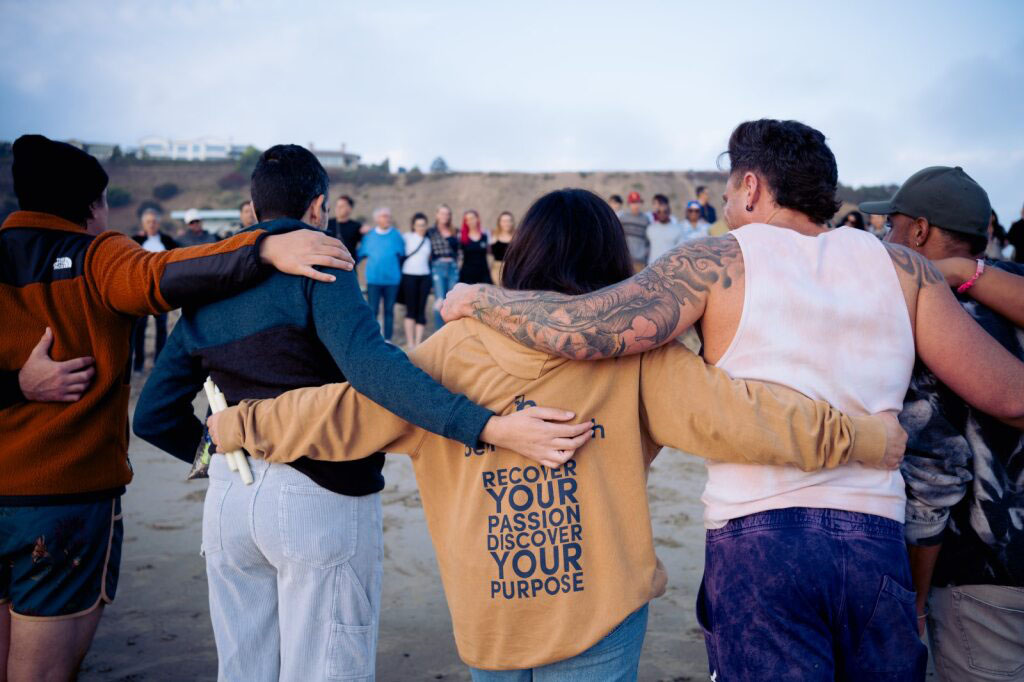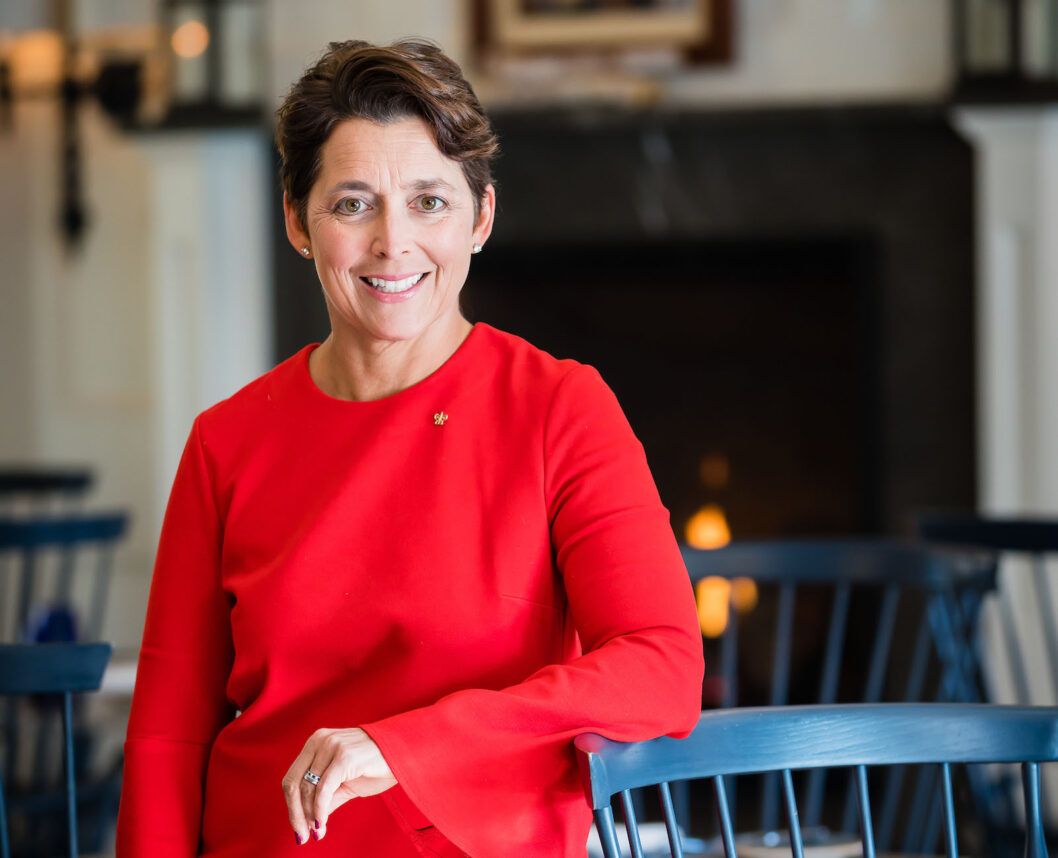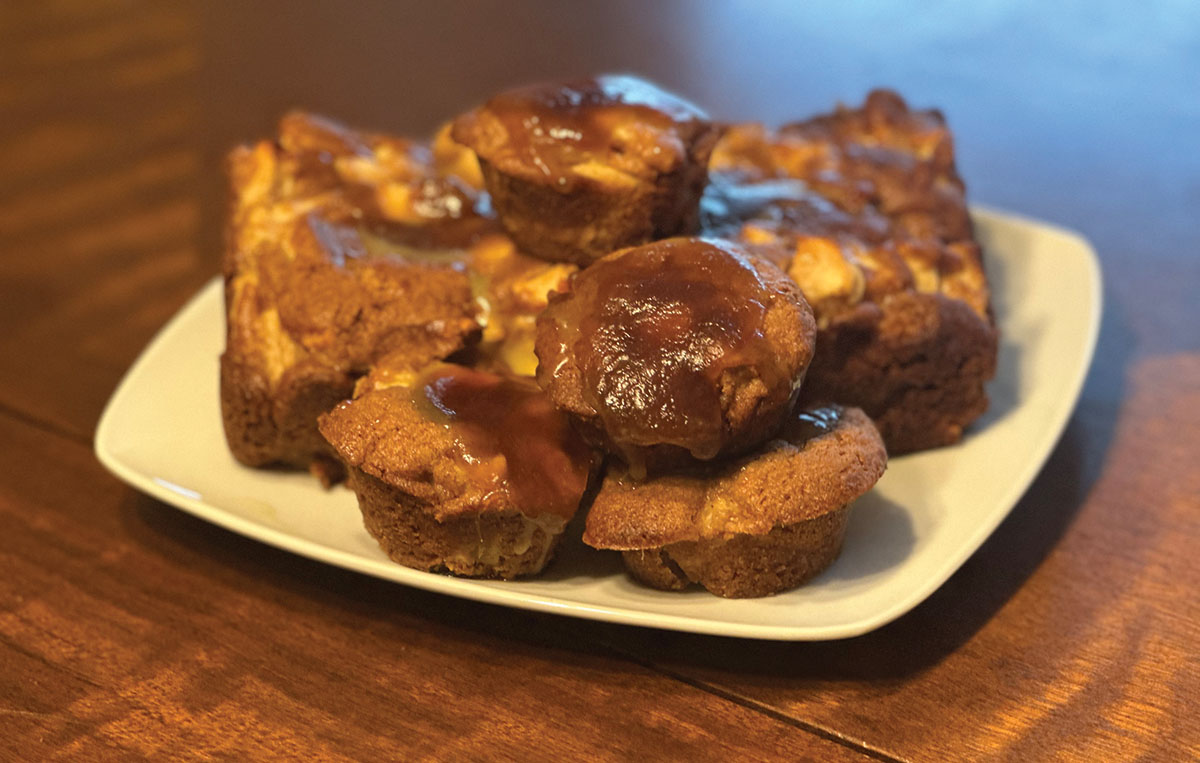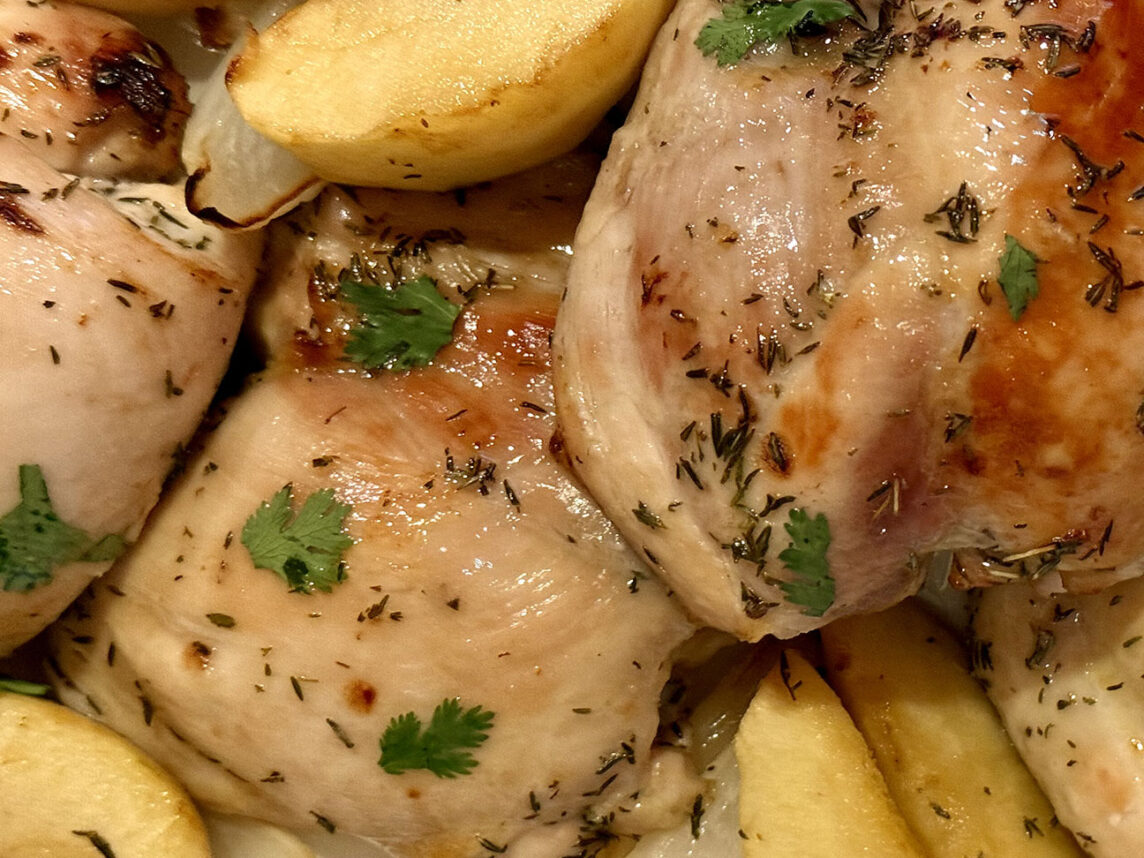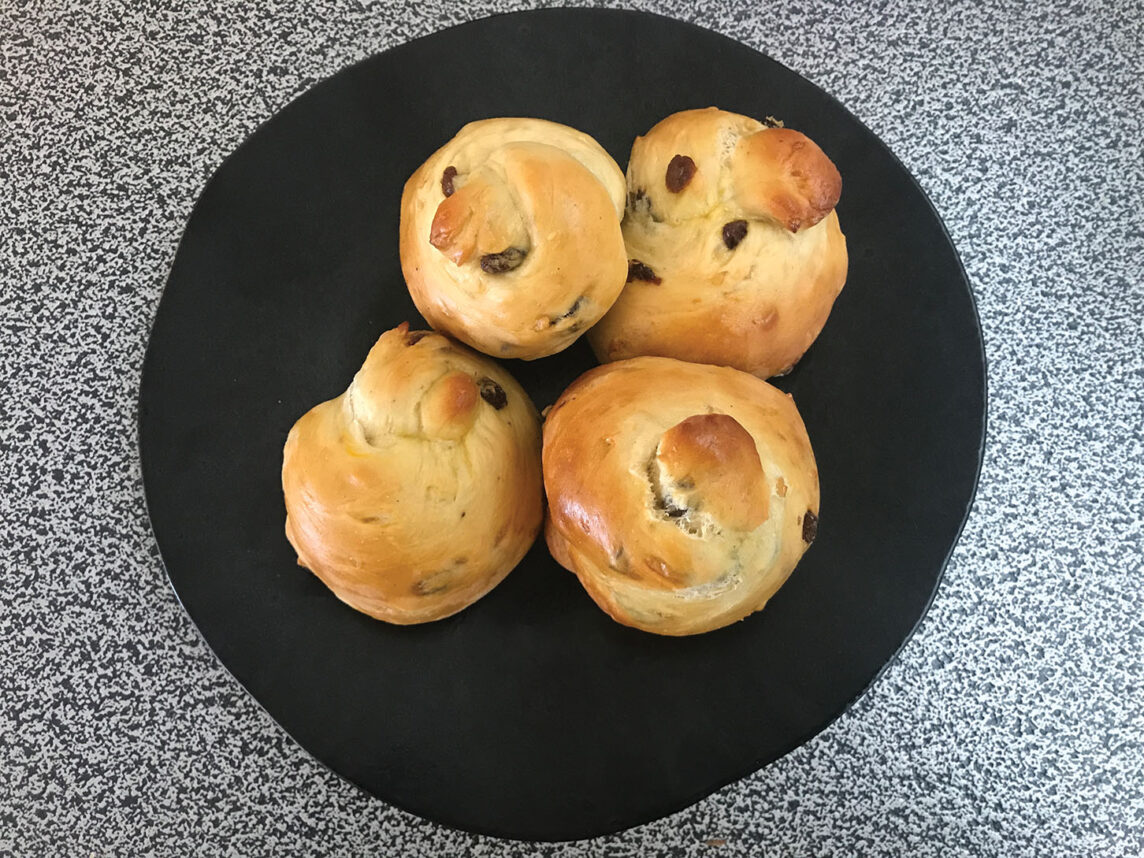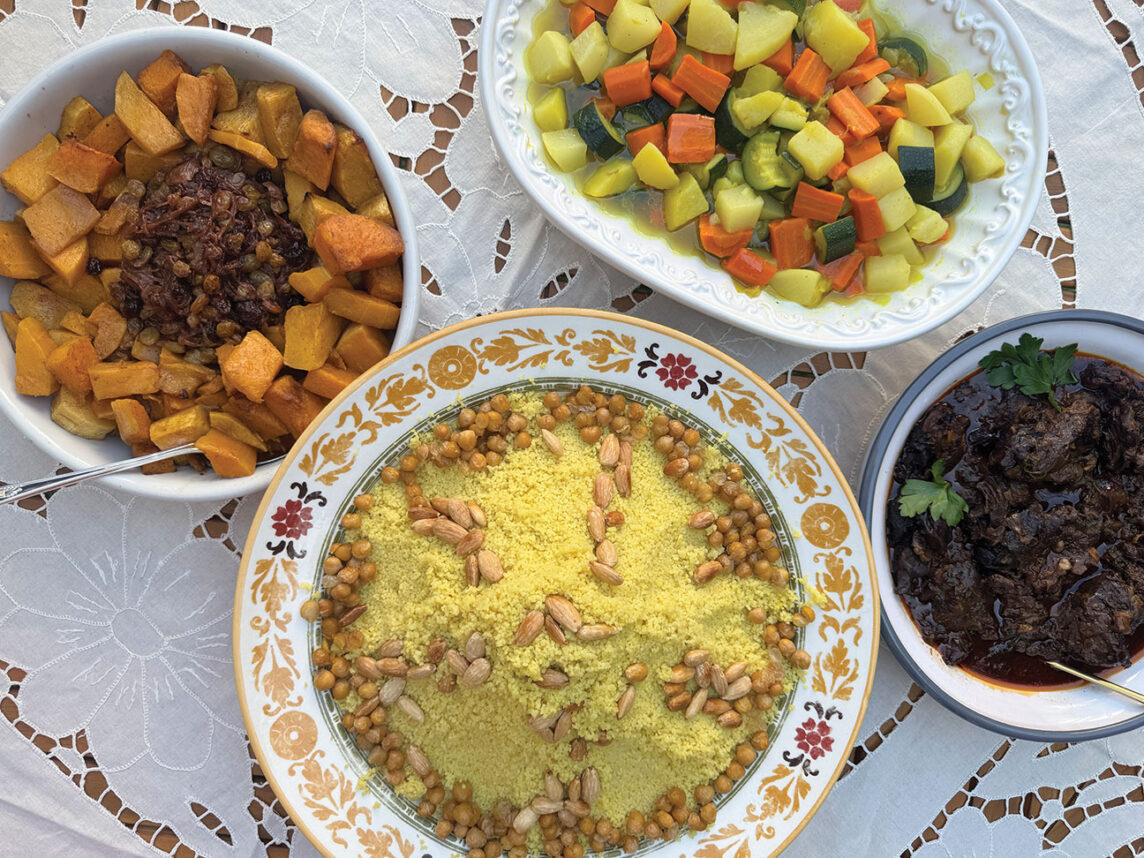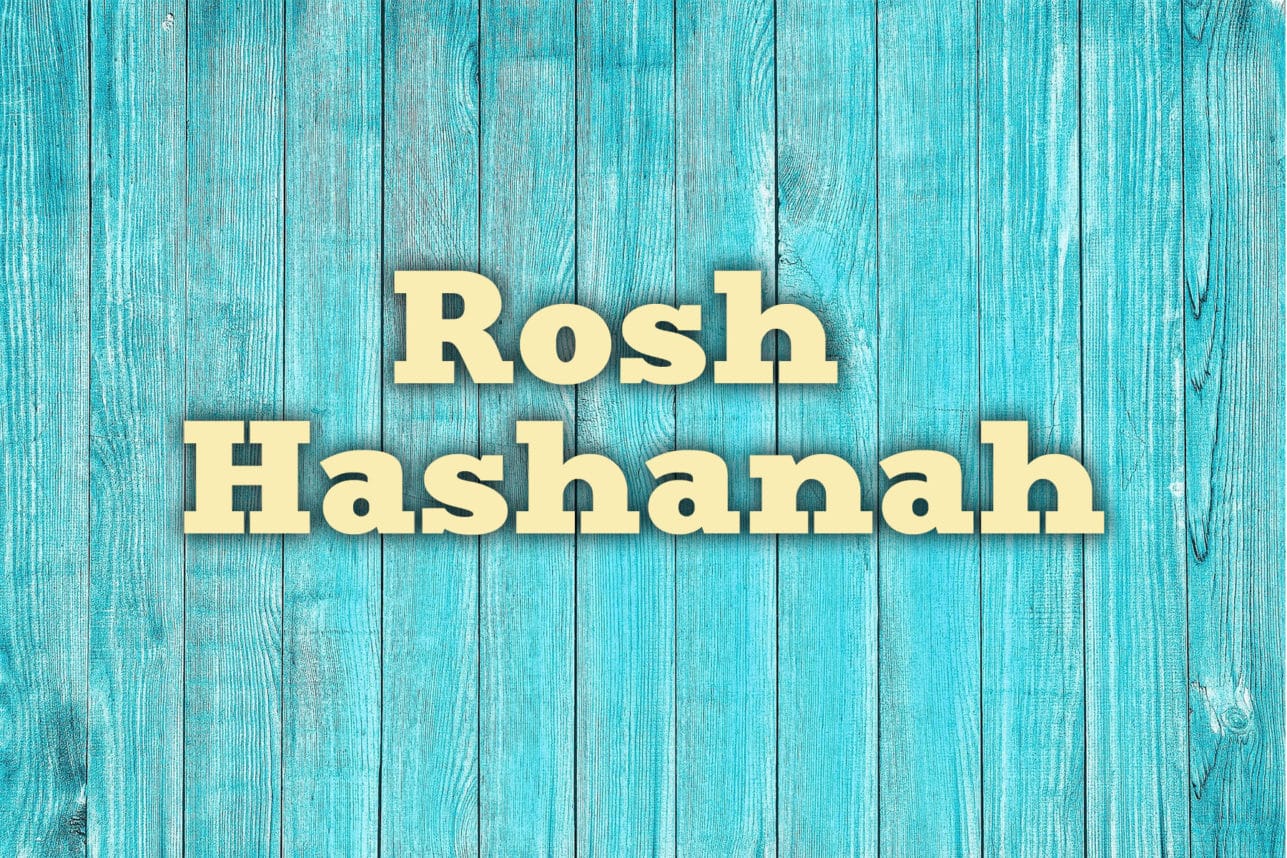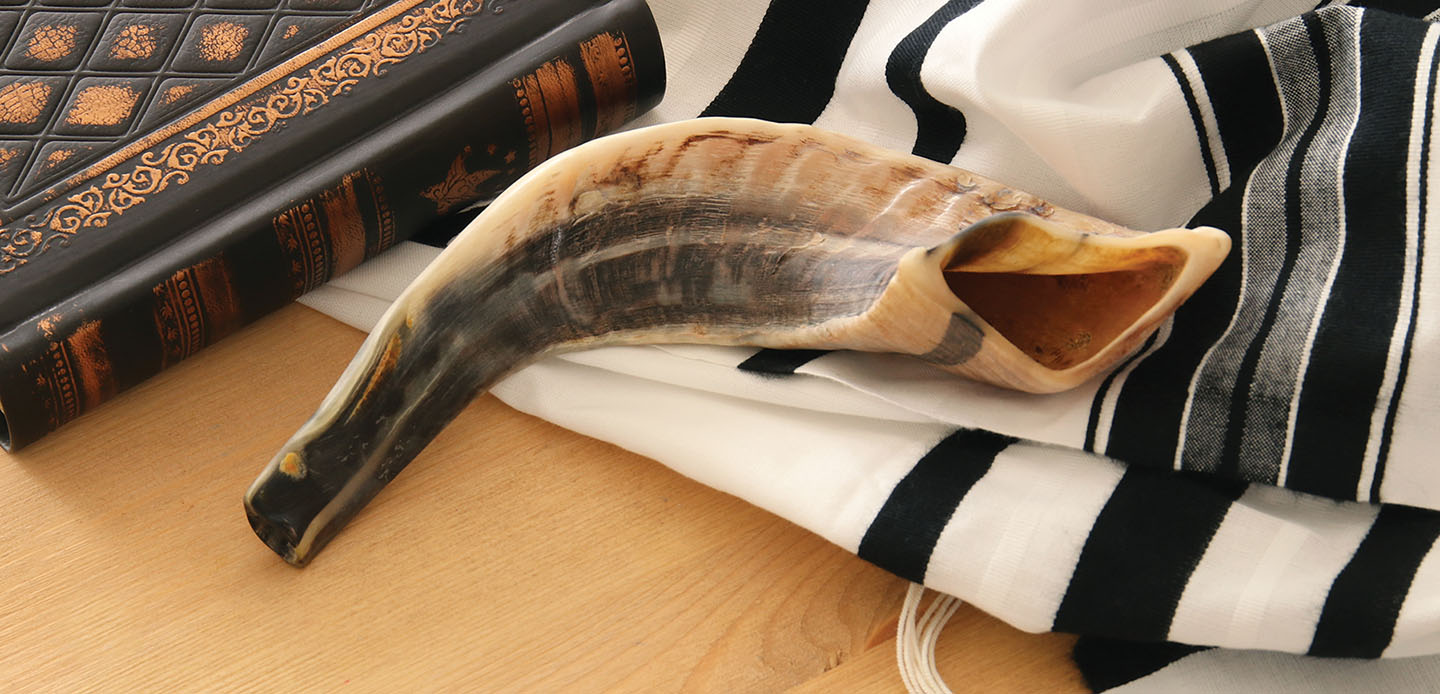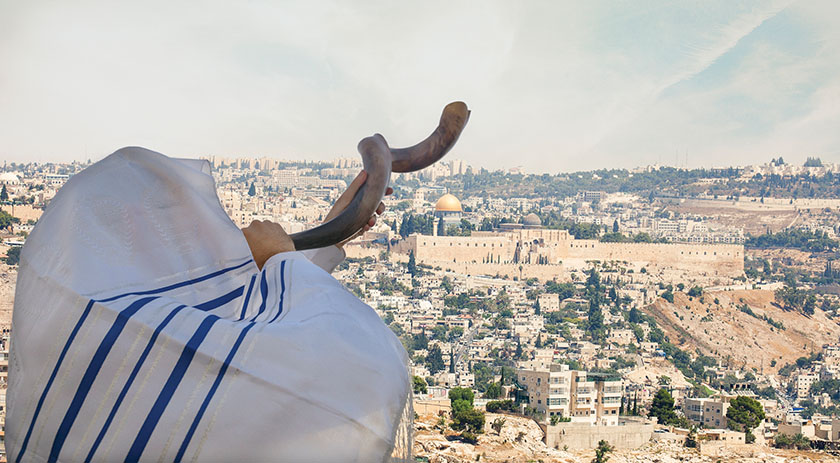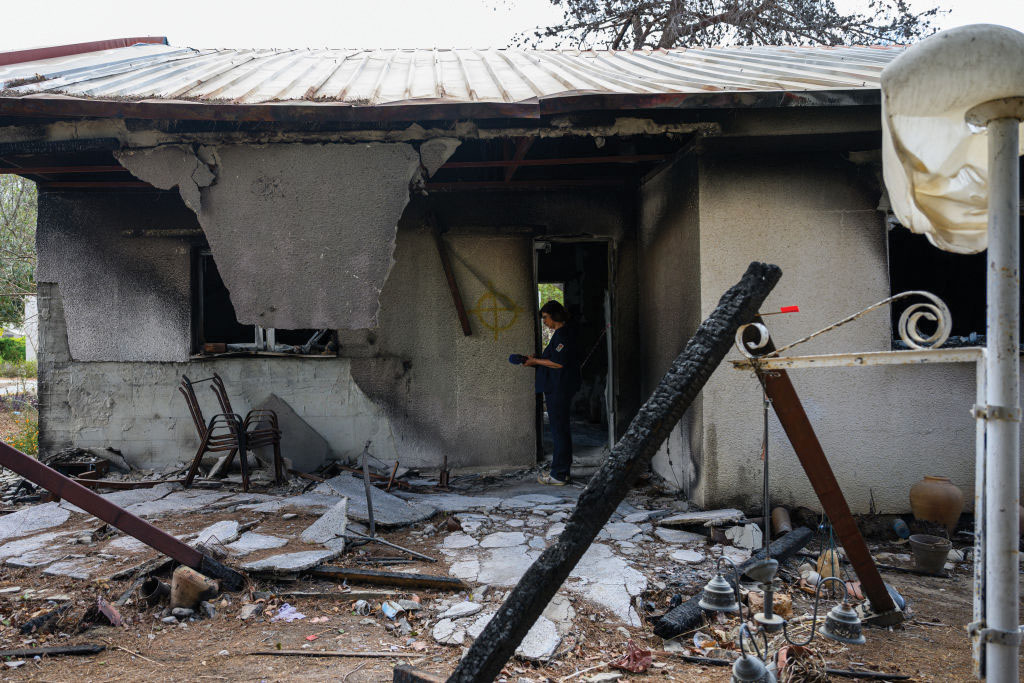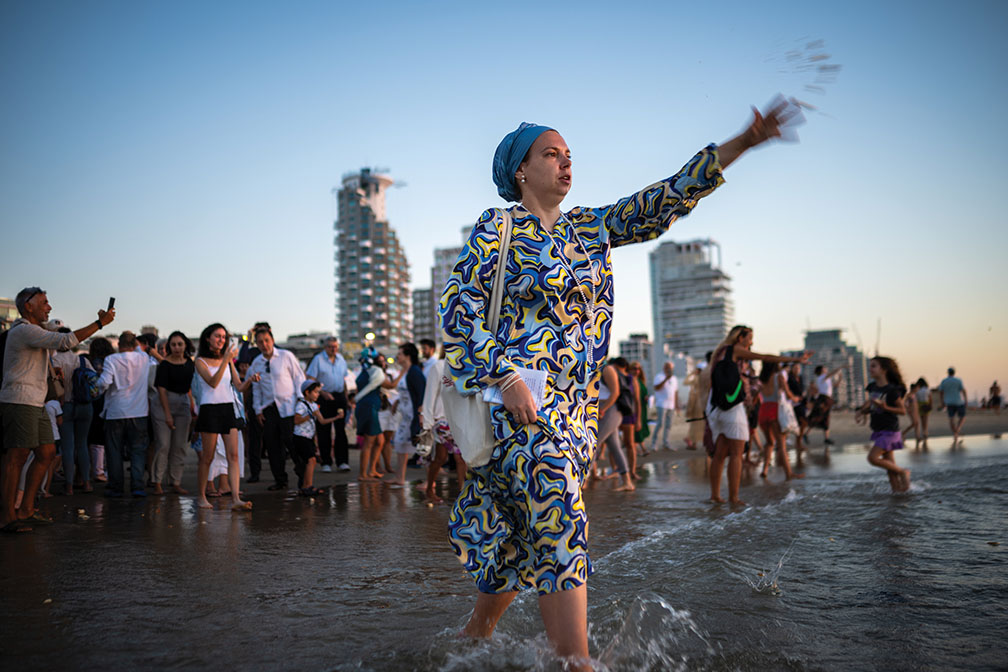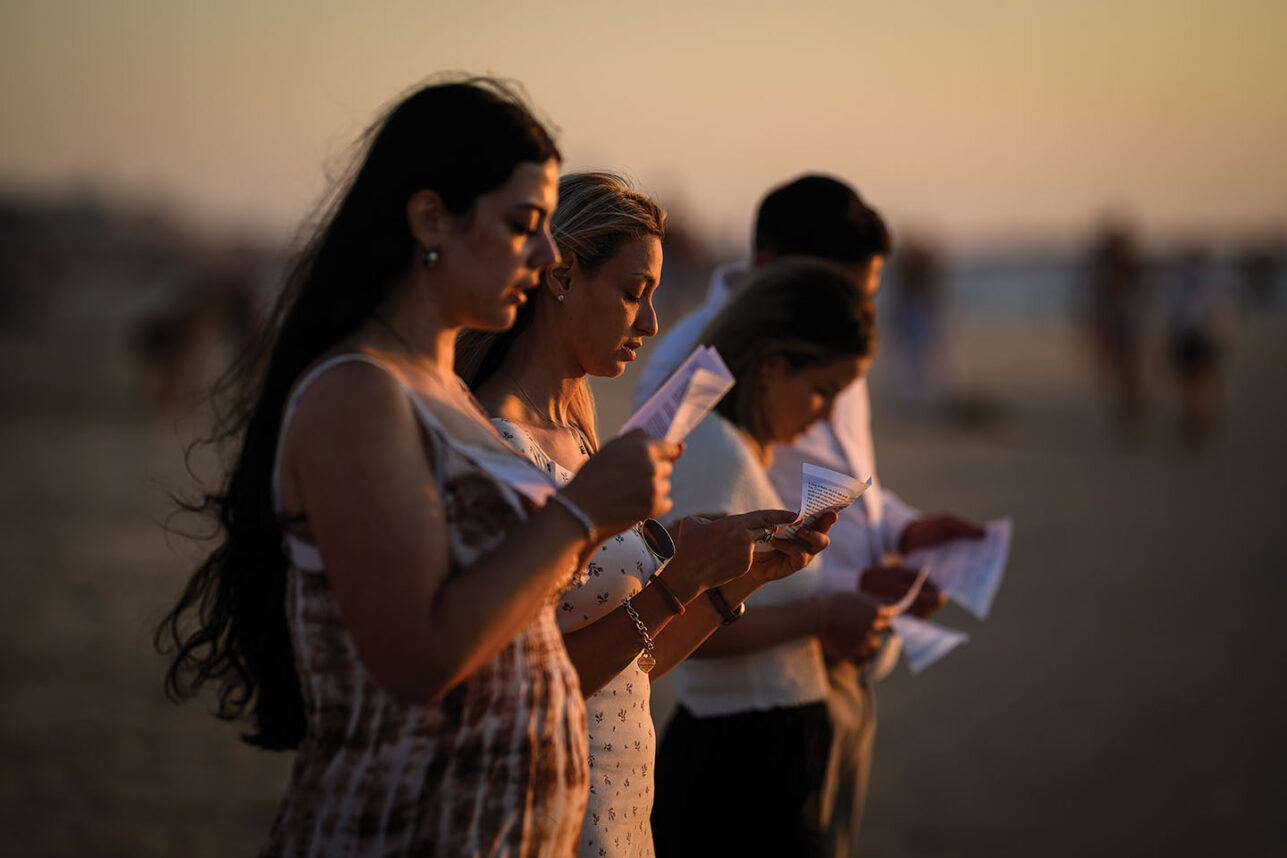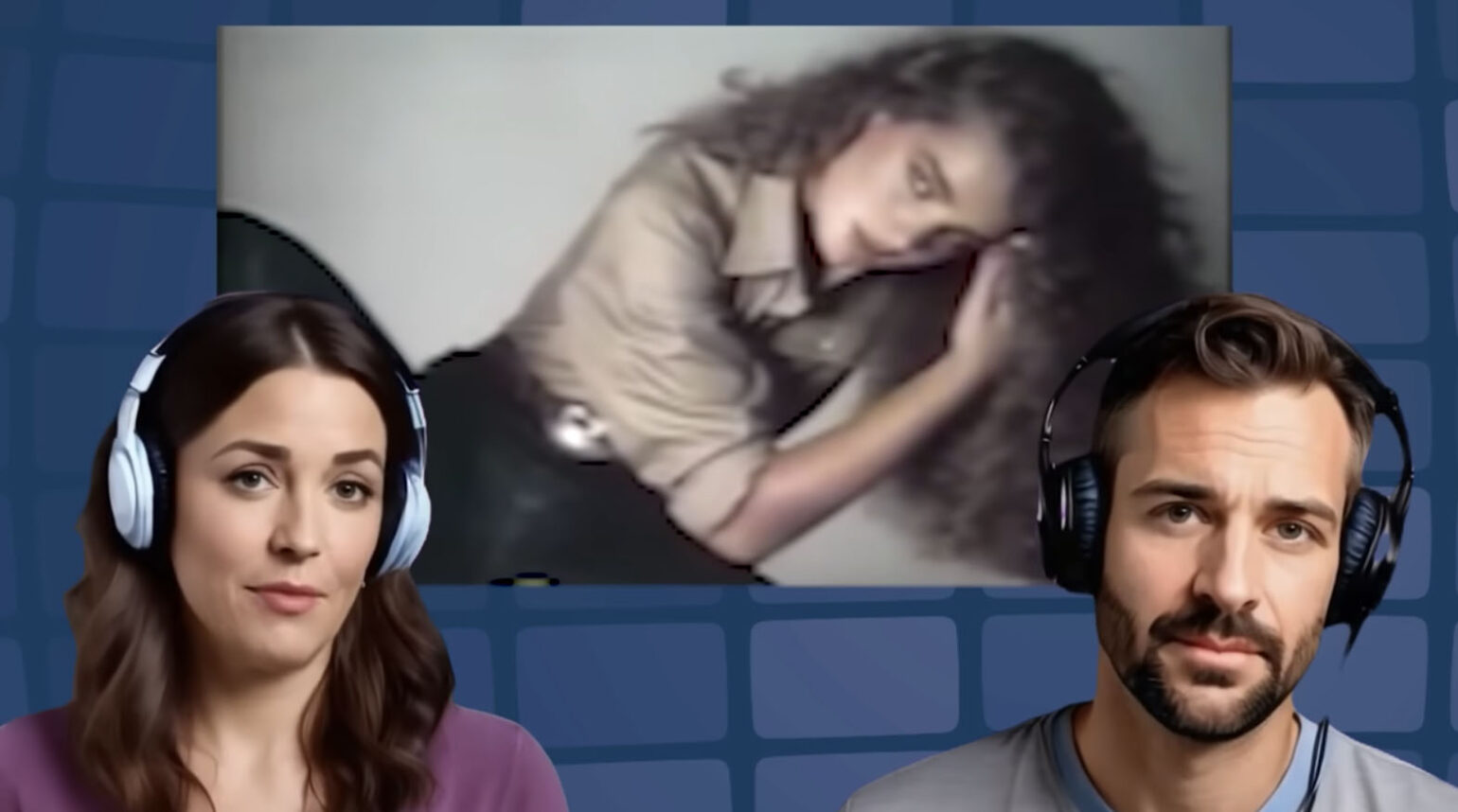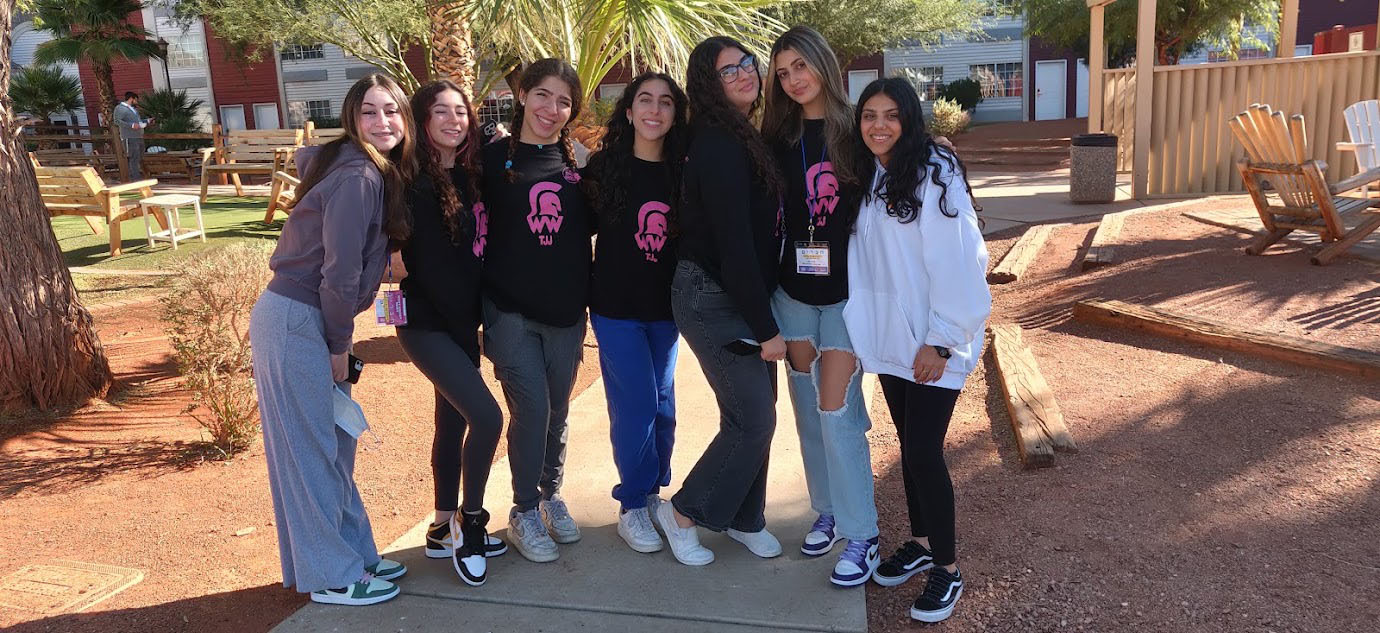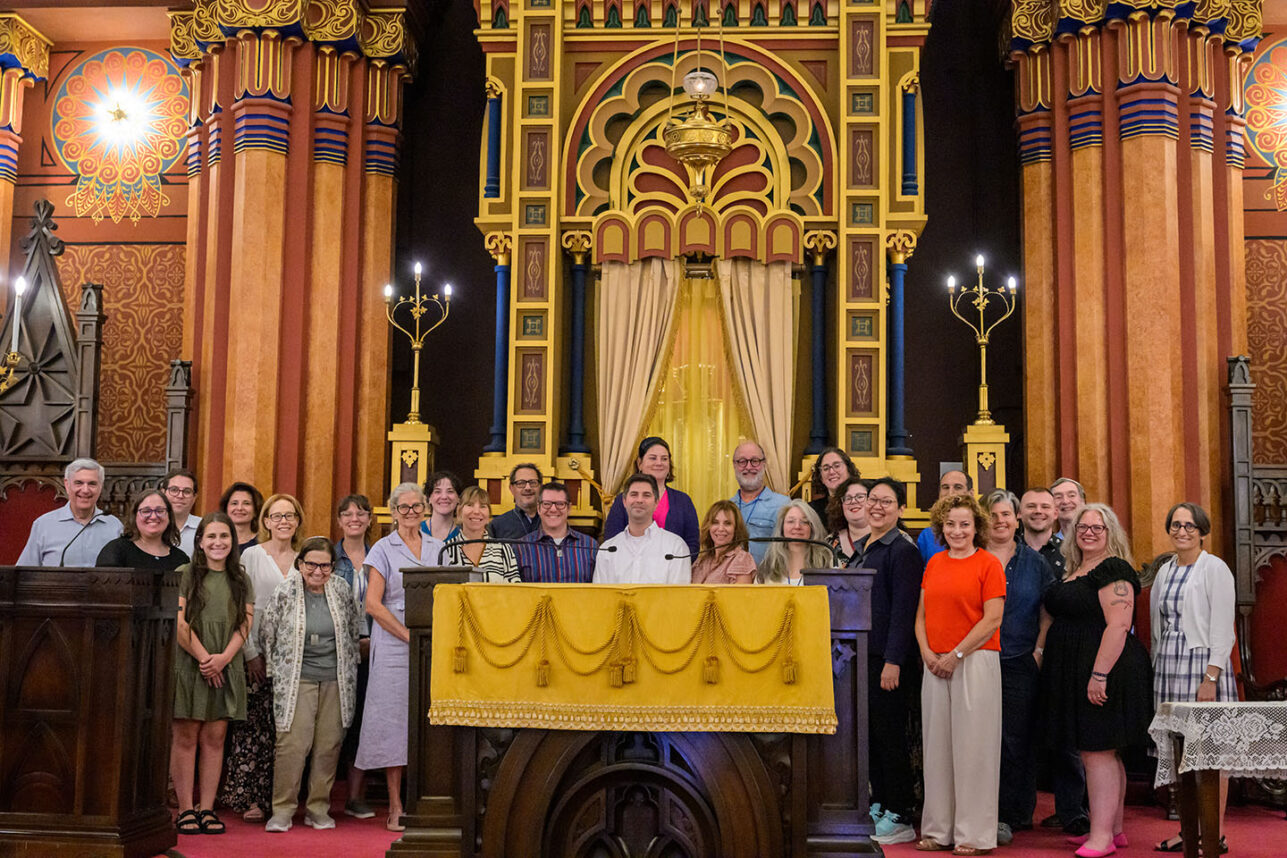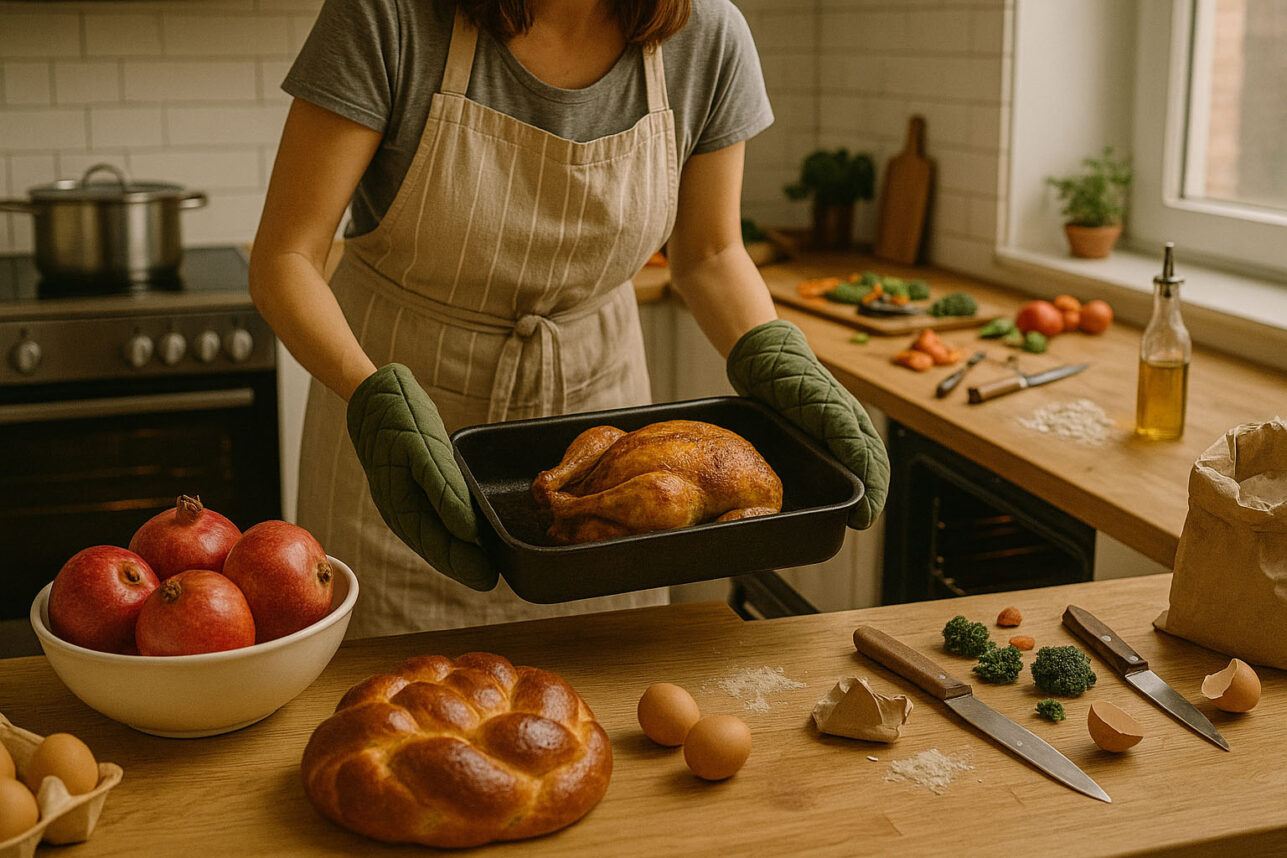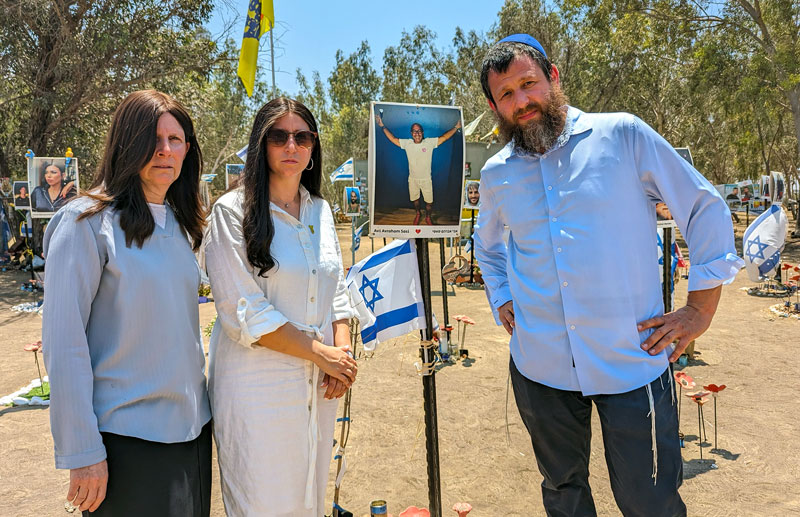
The living room of Rabbi Yanky Kahn’s Tarzana home is packed, but there are no guests. Instead, large cardboard boxes filled with Sukkot material take up all nearly all the space, leaving just a single place to sit.
Over the last year, hundreds, if not thousands, of Israelis have discovered that Rabbi Kahn is a bringer of everyday necessities. Clothing, food, even money when needed. Not just material needs but spiritual ones as well; he brings the ceremonial items observant American Jews take for granted.
With his seventh wartime mission to Israel scheduled after Sukkot ends, Rabbi Kahn looked back on his work since Oct. 7, 2023. He remembered a scene from the start of the war. “We went to an army base that on Oct. 7 had 12 to 16 soldiers. On Oct. 8, they had about 20,000 soldiers. For the first few days, everyone slept in cars until they got them signed in and obtained beds. A while later, the new soldiers were sleeping on mattresses.”
Rabbi Yanky – he’s widely known by his first name – recalled a “holy soldier” whose base had been struck by Hezbollah. His tefillin was ruined. “We gave him a new pair,” which sparked a story. The soldier asked for a favor on the rabbi’s next trip: Could he sponsor a food truck?
Ever since, attracting funding for a food truck has been No. 1 on Rabbi Yanky’s to-do list.
A food truck, he explained, can serve two uses. “G-d willing, the war will be over, and it can go to help people.” For now, food is not always within easy reach for IDF soldiers. “Remember, when soldiers are fighting, all of them – across the border they have very small bases because they are afraid that there will be an attack. You don’t want to have many soldiers together on one base. The food truck will be a way to give a hot dog or burger to a soldier standing all night in the cold.”
In addition, “If someone approaches him and gives him warm food, it shows friends from Los Angeles care.”
Rabbi Yanky, a fixture at Chabad of the Valley, last led a delegation of more than two dozen in July. It included his community and three of his four children along with rabbaim from Chabad of Bel-Air, Chabad of Stockton and rabbis from Scottsdale, Az.
This trip trained attention on an often overlooked dimension of war. “We focused on widows, helping them,” said Rabbi Yanky. “We took a bunch of them to a restaurant. Then Chabad of Bel-Air gave each widow a significant monetary gift. They went home crying. There was such a feeling of love, of caring, of someone thinking about you. It was emotional.”
Eighty percent of the widows, he said, are young women in their early 20s, newly married, with babies at home ranging from a month to two years old. The restaurant meal was a rare treat. “It’s very difficult for them to go out,” Rabbi Yanky said, “because besides getting a babysitter, a lot of logistics are involved.”
He had a three-part message for the widows: “We love you. We care for you. We are here for you.”
The rabbi remains in contact with them. “It’s an ongoing relationship,” he said. “We are just there to help them. One contacted us in the summer about building a synagogue in memory of her husband. Can we get involved?”
When Rabbi Yanky was asked what is the greatest need, he said “love is the greatest need. If you are giving them a warm burger, they are so grateful. If you give a pair of tefillin – if they don’t have any – they are so grateful. If you give them mezuzahs, at an army base, if you give them equipment which they need – just to feel that we care for you, we are here for you – that is what they really need.”
In early September, Rabbi Yanky was asked to secure 100 shofars for Rosh Hashanah. “Think about all of the bases that need shofars,” he said. What was his next step? “You pay for them,” said the rabbi, “give them to someone you know, and the army is pretty good at distributing. “Hanukkah we gave out hundreds of menorahs, Purim we gave out thousands of Mishloach Manos, Pesach hundreds of matzahs, thanks to Mt. Sinai.”
Rabbi Yanky made his first mission days after Hezbollah’s initial bombing. If he had not returned five times since then, would he have recognized Israel? “It’s different,” he said. “And people are different. I could tell you I am in the Sukkot business. I spoke to a friend who had a baby a few weeks ago. He sells sukkahs wholesale, like those pack-and-go sukkahs. He told me, ‘I may have to go to Lebanon.’ I said ‘Yossie, who’s going to take care of your business.’ He said ‘It’s a time of war now.’
“His wife just had a baby. This is his busiest time of the year, and everyone in Israel is giving up everything just to keep Israel safe, to keep themselves safe. We have to continue fighting and we have to continue helping in every single way we can.”
In late September, the rabbi got a phone call from a soldier he had met months ago. He said there are two soldiers who have been called back to the army. They have no money for food for Rosh Hashanah and Sukkot. Could you help?
“Think about these families who literally have no money to pay for Sukkot,” the rabbi said. “It’s expensive. These soldiers are going to fight. The wives are home alone. No money to pay for anything.”
“Think about these families who literally have no money to pay for Sukkot. It’s expensive. These soldiers are going to fight. The wives are home alone. No money to pay for anything.”
Fast Takes with Rabbi Kahn
Jewish Journal: Have you had time to read since Oct. 7?
Rabbi Kahn: I have tried to study more Torah.
JJ: What was the most memorable moment of the last 12 months?
RK: Thanks to my wife and kids, it’s a family mission we do together. To see your kids going out to give hugs to people in hospitals. The joy of seeing your kids in your footsteps, holding the baby of a widow. That is the most beautiful thing.
JJ: Have you noticed a change in the minds of Israeli children?
RK: Absolutely. So many children are stuck in a hotel room. They haven’t been home, haven’t gone to school, haven’t seen friends. The trauma they have is crazy. You have 15 seconds to run to a bomb shelter at 2 in the morning.










